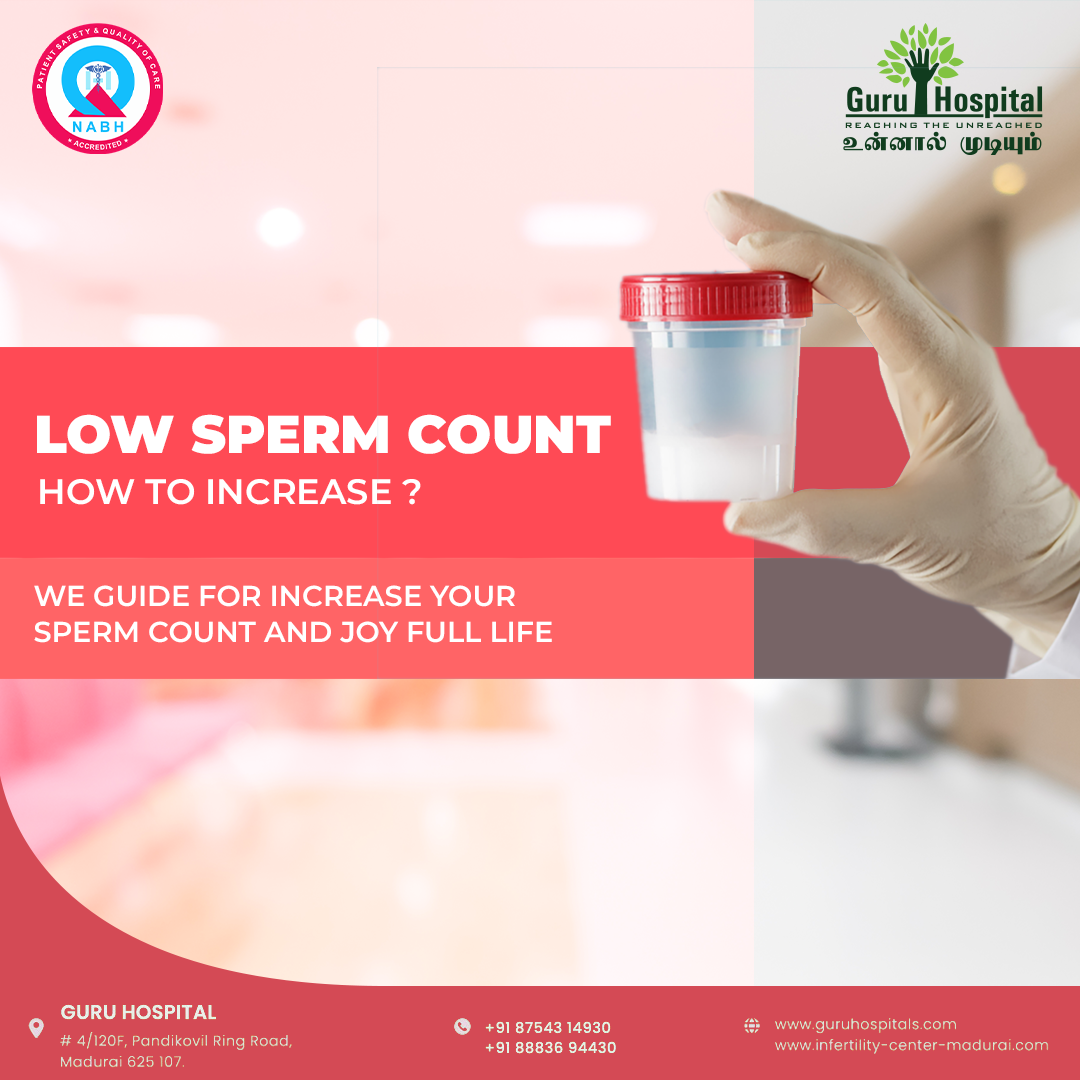
Medical Conditions: Certain medical conditions such as varicocele, hormonal imbalances (e.g., low testosterone levels), infections (e.g., sexually transmitted infections), and genetic disorders (e.g., Klinefelter syndrome) can impair sperm production or function.
Lifestyle Factors: Habits like excessive alcohol consumption, smoking, drug use, and exposure to environmental toxins (e.g., pesticides, heavy metals) can adversely affect sperm production and quality.
Age: Advanced paternal age is associated with decreased sperm count and quality, potentially due to age-related changes in sperm production and DNA fragmentation.
Medications: Some medications, including chemotherapy drugs, antidepressants, and anabolic steroids, can interfere with sperm production or function as a side effect.
Obesity: Obesity can disrupt hormonal balance and heat regulation in the testes, negatively impacting sperm production and fertility. Maintaining a healthy weight is essential for optimal sperm health.
Lifestyle Factors: Unhealthy lifestyle habits like smoking, excessive alcohol consumption, drug use, and sedentary behavior can negatively impact sperm production.
Medical Conditions: Conditions such as hormonal imbalances, infections, genetic disorders (e.g., Klinefelter syndrome), and anatomical abnormalities can contribute to low sperm count.
Environmental Factors: Exposure to environmental toxins like pesticides, heavy metals, radiation, and certain chemicals can impair sperm production and quality.
Age: Advanced paternal age is associated with a decline in sperm count and quality, increasing the risk of low sperm count and fertility problems.
Medications: Some medications, such as hormone treatments or antibiotics for infections, may help address underlying issues causing low sperm count. Medications are given to patients to improve the sperm count based on their hormonal levels.
Assisted Reproductive Techniques (ART): Various treatment options like intrauterine insemination (IUI) or in vitro fertilization (IVF) with intracytoplasmic sperm injection (ICSI) are recommended based on total motile count to bypass low sperm count and achieve pregnancy.
Surgery: Surgical interventions may be necessary to correct anatomical abnormalities like varicoceles, which can impede sperm production.
Lifestyle Changes: Adopting a healthier lifestyle, including regular exercise, balanced diet, avoiding harmful substances like tobacco and excessive alcohol and minimizing the exposure to environmental toxins can improve sperm count.
Manage Stress: Practice stress-reducing activities like yoga, meditation, or hobbies to mitigate the adverse effects of stress on reproductive health.
Regular Check-ups: Undergo routine health check-ups to identify and address any underlying medical conditions that could affect fertility.
Copyright © 2024. All Rights Reserved.
Powered By BCC

Copyright © 2024. All Rights Reserved.
Powered By BCC